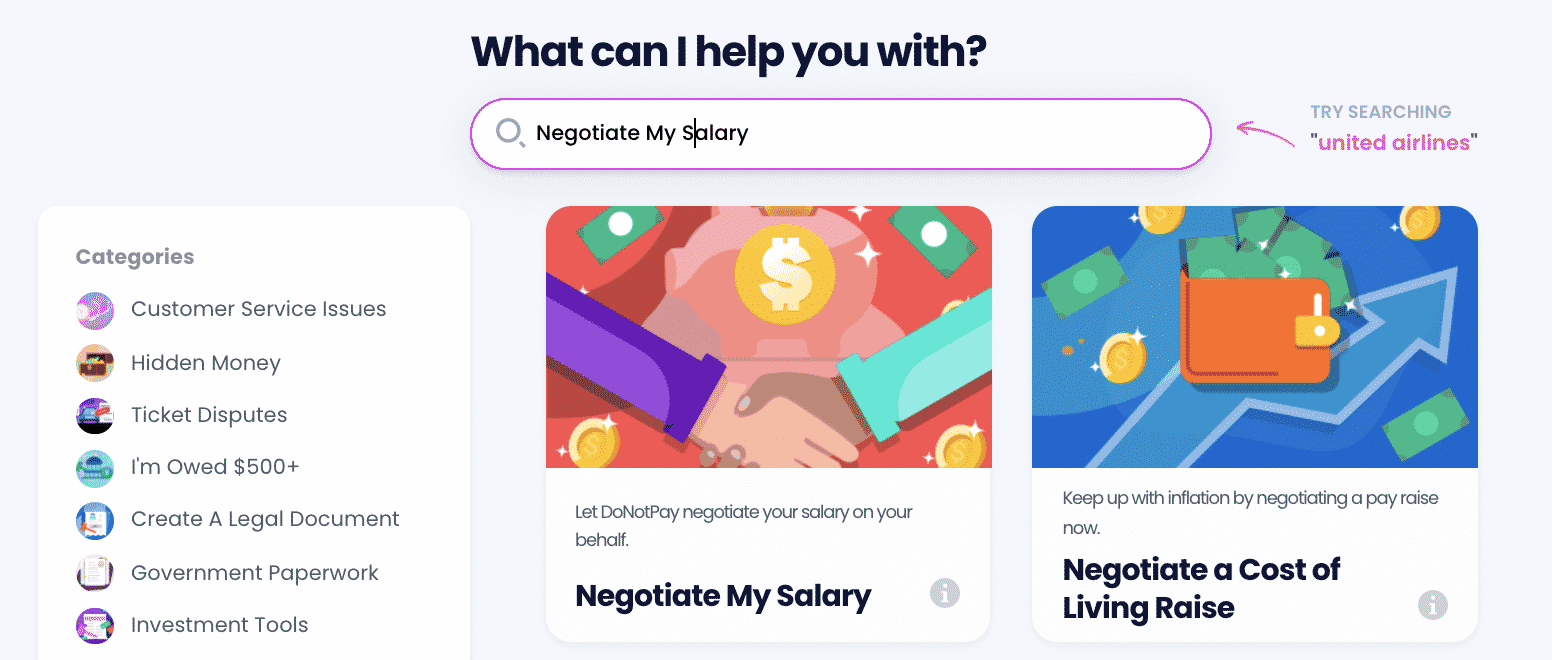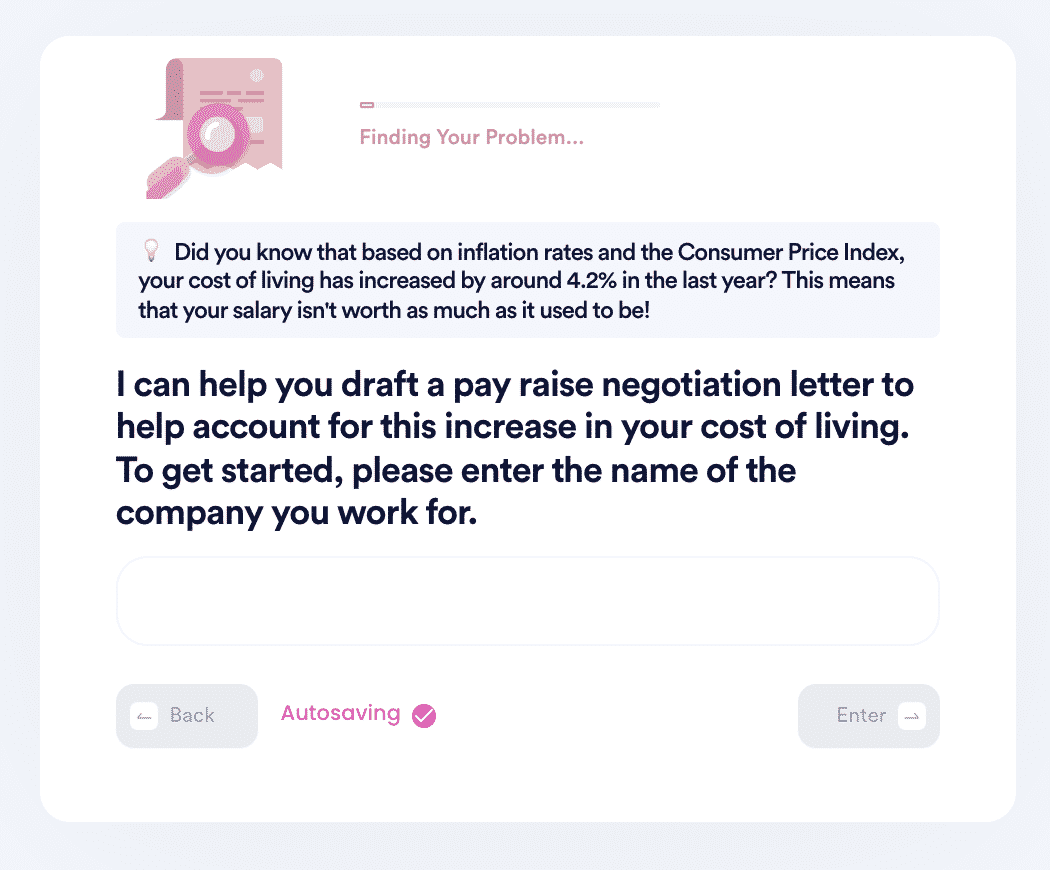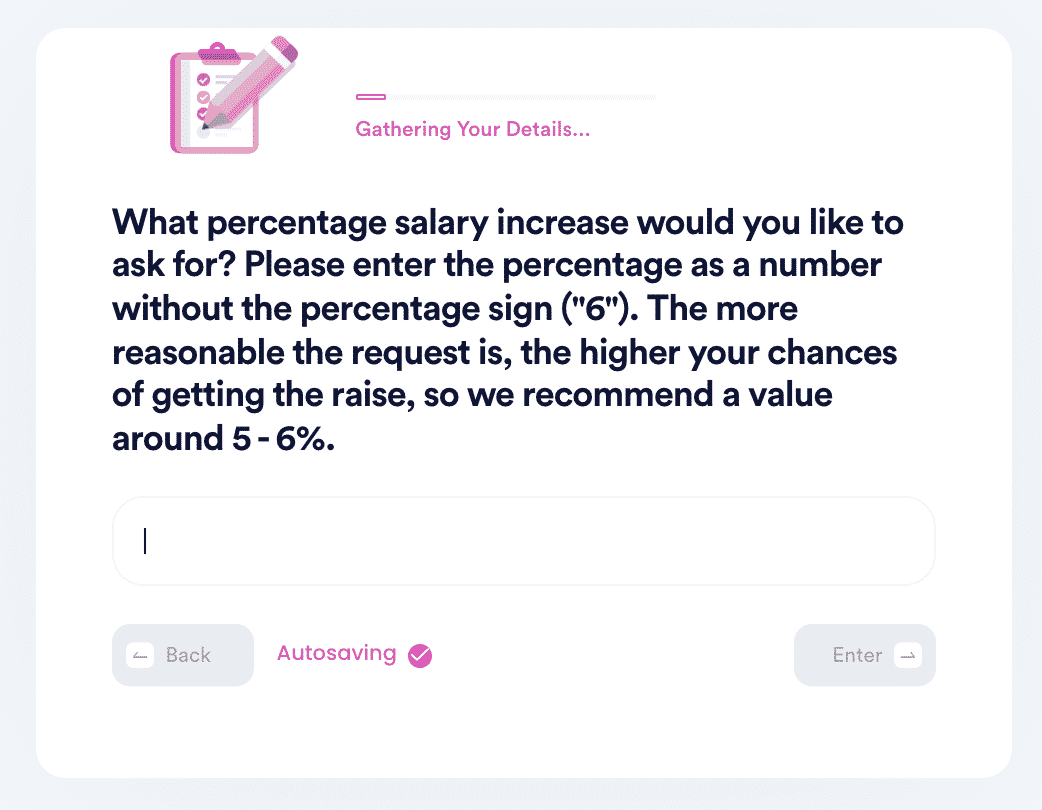How Much of a Pay Raise Should I Ask For?
The subject of money is a tricky one. You know your worth and understand what value you're offering your organization. However, relaying that information to your superiors can be awkward and challenging to navigate. Salary negotiations can be extremely stressful, but at the same time, it ensures payment by job duties.
Before you start negotiating, it's important to ask yourself what a reasonable salary increase looks like. If you want help in this area, has a solution.
How To Negotiate for A Pay Raise
Here are some steps that you can take to prepare for a salary negotiation:
| Do Your Homework | When figuring out a reasonable salary increase, you need to do your research ahead of negotiations. Do your homework on what others with your level of experience and skills make in their roles. Once you know their offer, you can use it as a benchmark to negotiate for a pay raise. It's important to keep the numbers in mind and understand your bargaining power. Also, consider your current situation. Are you being overpaid or underpaid? |
| Ask For 10% or 20% More | A reasonable pay raise needs to be anywhere between 10% and 20% more than what you're currently earning. If your current pay is $50,000 a year, you can ask for $60,000 without being laughed out of the room or seeming greedy.
If your company's original offer is on the lower side of the scale, you have plenty of leverage. Don't be afraid to go big. Just ensure you're using the going pay rate as your data point. |
| Be Specific | Avoid giving a range when figuring out what is a real pay raise. With the 10%-20% rule, you get a clear picture of what you should go for instead of guessing as you go. Being specific shows your employer you know your worth and are prepared to fight for it. Also, giving a range gives them the power to pay you less than what you deserve. |
| Ask for Other Benefits | If the company doesn't give you a realistic pay raise or doesn't increase your salary entirely, you can negotiate for other benefits. For instance, stock options and paid time off are good considerations. |
Reasons To Get a Raise
When figuring out a reasonable salary increase, you also need to prove why you think you deserve the raise. You can cite any or all of the following reasons:
- Length of employment: Have you been with the company for a long time? How has your compensation fared throughout this period? Companies require employees to have worked with them for a minimum of six months before they give a salary increase. However, most employers will provide a salary increase after a year.
- Your responsibilities have increased: If you find yourself getting more work that falls outside your job description and above your pay grade, you may need to phone your employer for an increase. Taking up more responsibilities at your workplace with lowered pay is exploitative.
- You've been promoted: A promotion means an increase in responsibilities. The wages, therefore, have to match the added responsibilities. Before accepting a promotion, ensure you and your employer are on the same page regarding how much of a pay raise you'll be getting.
- Inflation: The ever-rising cost of living requires a matching compensation.
How To Ask for A Pay Raise
Here are the steps that can bring you closer to a reasonable salary increase:
- Set up a meeting: Meeting with your employer about a pay raise allows you to make your case and gauge their reaction. It also allows them to prepare beforehand to make counterarguments.
- Make your case: Once you've gathered all the information and statistics, it's time to make your case showing why you feel you deserve the raise. You can offer your previous performance reviews as a starting point to establish a positive trajectory. You can also highlight that you've taken on more responsibilities and implemented cost-saving strategies that have helped the company.
- Allow them to counteroffer: Give your employer the necessary time and space to make their offer so that you both can find a middle ground.
- Finalize by thanking them for their time.
Ask For a Salary Increase with DoNotPay
With our 'Negotiate My Salary' product, you can get statistics within your industry that can help you establish a reasonable salary increase. The best part about it is that you can get help in a few minutes.
Here's how it works:
- Look for the 'Negotiate My Salary' product on our website.

- Enter your company's name and industry, and let us compile wage statistics in your field.

- Tell us more about your qualifications and achievements.

- Fill in your preferred base salary.

And you're done. DoNotPay will draft a salary negotiation letter you can use in your negotiation.
DoNotPay Works Across All Entities
Helping answer questions like is one of our many salary-related services. DoNotPay prides itself in ensuring clients can:
- Ask for a raise by email
- Negotiate their salary
- Get a raise
- Negotiate a salary over the phone
- Negotiate a salary by email
- Know if they should negotiate their salary
- Know when to ask for a raise
- Know how to ask for a raise
- Know how often to ask for a raise
What Else Can DoNotPay DoNegotiate a Salary Over the Phone
Aside from helping you figure out a reasonable salary increase, we can also help you:
- Get refunds and chargebacks
- Reduce property taxes
- Fight workplace discrimination
Sign up on today to get started.


